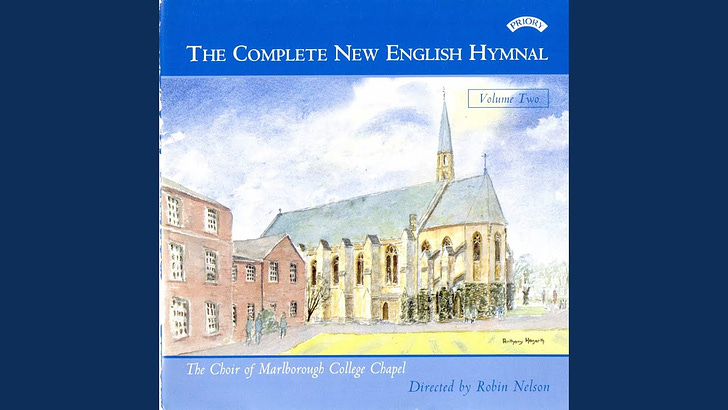Christmastide is still here, and so are our Christmas offers at Word & Song!
I’ve long heard that we have no idea at what time of year Jesus was born, but here is one argument — there are others, based in early Christian calendars — for making it wintertime. It’s a simple one. When the angel spoke to Zachariah, he was exercising his priestly role for …
Keep reading with a 7-day free trial
Subscribe to Word & Song by Anthony Esolen to keep reading this post and get 7 days of free access to the full post archives.



